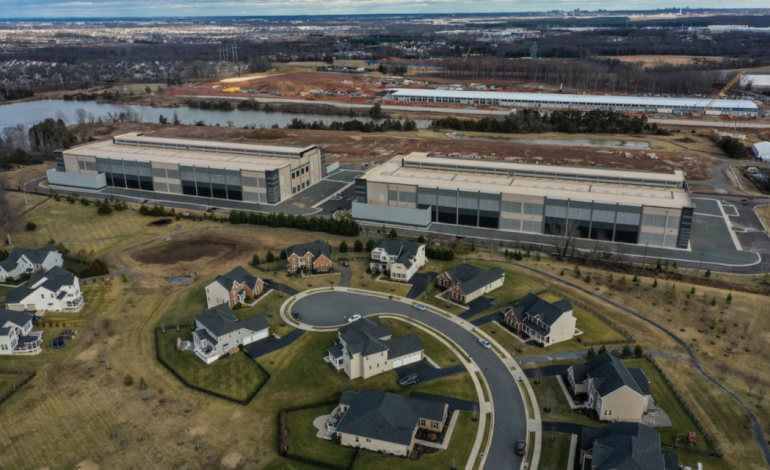Amazon is intensifying its commitment to clean energy by investing in small modular nuclear reactors (SMRs) to help meet the growing energy needs of its data centers, the Washington Post reports.
The tech giant announced on Wednesday that it is backing the development of SMRs, marking a significant step in its efforts to reduce carbon emissions while supporting its power-hungry operations, particularly those driven by artificial intelligence.
Amazon is leading a $500 million funding round for X-Energy Reactor, a company specializing in SMR technology. The goal is to bring online more than 5 gigawatts of power by 2039. The company plans to initially generate 320 megawatts of power with four reactors for Energy Northwest, with potential expansion to 960 megawatts, enough to power approximately 770,000 homes. In addition, Amazon is working on a separate SMR project in Virginia, near an existing Dominion Energy nuclear plant, which could produce at least 300 megawatts.
SMRs, which are smaller and more flexible than traditional nuclear reactors, have been seen as a promising solution for producing clean, reliable energy. Their smaller size allows for quicker construction and deployment in more locations, but the technology is still in its early stages. Currently, no SMRs are operational in the US, and only one design—by NuScale Power—has been approved by federal regulators. Despite this, the tech industry’s demand for carbon-free power is providing new momentum for SMR development.
Amazon’s move follows Google’s recent announcement of a similar plan. Earlier this week, Google revealed it would purchase energy from Kairos Power’s SMRs, which are expected to be operational by 2030. Both companies are part of a growing trend in the tech sector to adopt innovative energy solutions as the demand for electricity continues to rise.
While SMRs promise a more sustainable energy source, they face challenges similar to those of traditional nuclear reactors, such as the creation of nuclear waste and potential community concerns about safety. Nevertheless, Amazon’s willingness to invest directly in nuclear energy infrastructure represents a shift in the tech industry, which has typically relied on others to finance such projects.
Experts believe that data centers’ need for stable, round-the-clock power, along with tech companies’ readiness to pay premium prices for carbon-free energy, could help SMRs gain a foothold.
“You start by selling electricity to a customer that is willing to pay a little bit more,” said Jacopo Buongiorno, a professor of nuclear science and engineering at MIT.
Over time, as the costs of SMRs decrease, they could become more competitive in the broader energy market.









